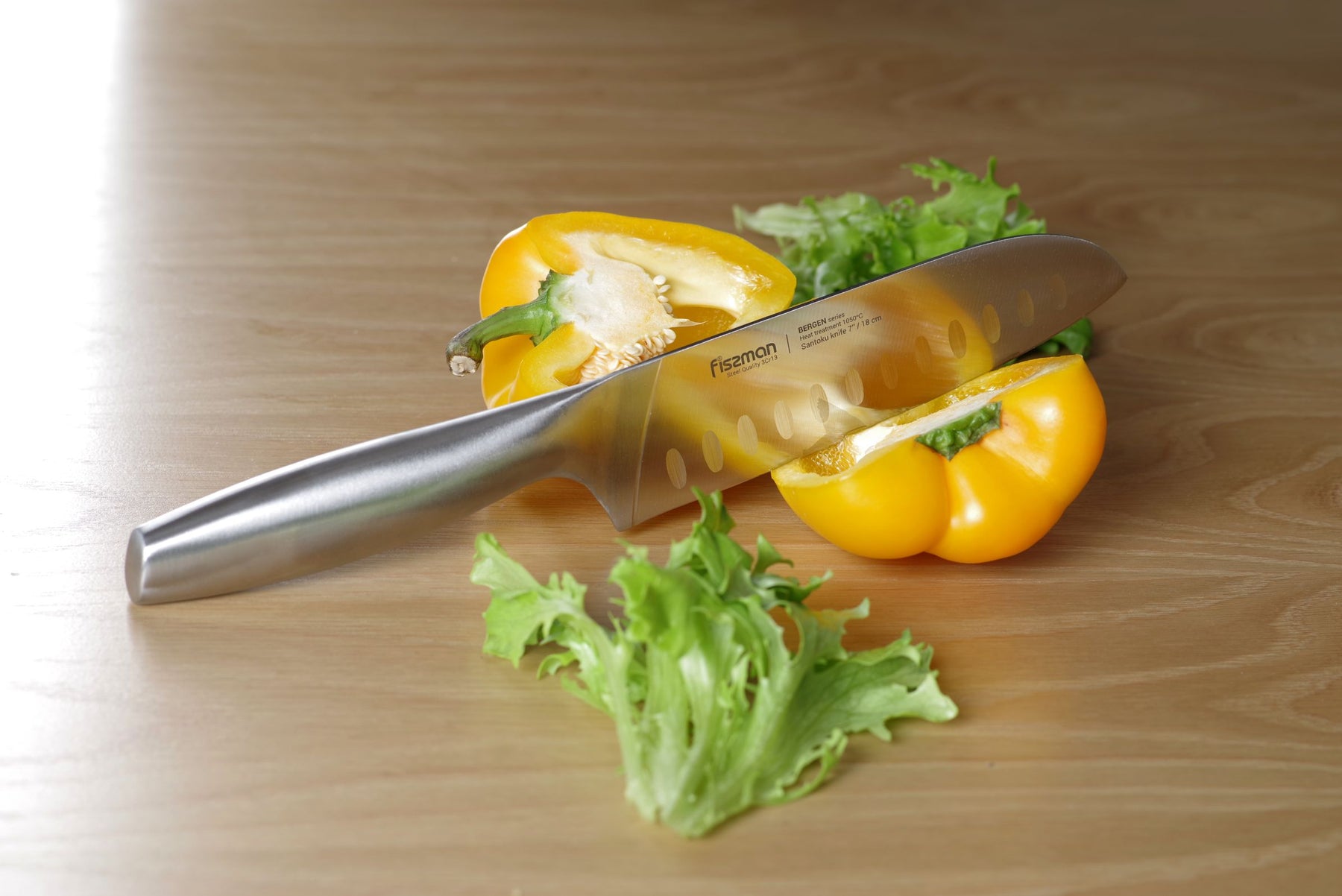
Home Tips and Tricks to Make Cooking Easier
Cooking is a chore that many of us would rather avoid. And we're not just talking about the actual cooking part. We're talking about the planning and preparation that goes into a meal.
It's easy to get overwhelmed by the thought of making something from scratch, especially if you're not used to it. But even though it can be time-consuming, messy, and stressful, cooking at home is super rewarding.
Whether you're an amateur or a seasoned pro, there are always ways to make cooking easier and more enjoyable. Here are some of the best tips and tricks for making cooking easier so that you can spend less time in the kitchen and more time enjoying your meal.
Start With a Plan
The first step to making your home cooking more effortless is to plan. Whether you're trying to make dinner for your family or yourself, it's important to think about what you want to eat and how much time you have before you start cooking. If you're planning on serving guests, it's best to prepare things in advance so everything can be ready at once.
When buying groceries, make sure you have everything on hand for all of the recipes you plan to cook. This will save you the hassle of running back and forth between stores or stopping at another store halfway through cooking because something is missing from the recipe.
Make sure that your kitchen is equipped with all of the tools required for each dish as well. This includes measuring cups and spoons as well as cutting boards and knives (if any specific ones are needed). You should also have enough storage space so that ingredients don't get lost under other things in your refrigerator or cabinets!
Cut Down on Prep Time
When you're making a meal, it's easy to get distracted by the other things going on in your life. The dishes need to be done, the kids need help with their homework, and you're still on the phone with your parents from last night's phone call. It can be hard to find time to prepare what you're going to cook for dinner. But if you don't take the time to do this step first, it might be too late when you get into the cooking mode.
Try one or two of these tips to make sure that your food is ready when it needs to be:
- Set aside an hour every afternoon where you focus solely on prepping for dinner that night. This way, you'll have plenty of time before getting started in the kitchen.
- Choose recipes with fewer ingredients so they aren't complicated or require too much chopping at once before getting started cooking (this way, your prep will go faster).
- Plan out how many servings each dish will yield so that nothing goes to waste at mealtime later in the evening (or even better—so there are enough leftovers for another meal later today).
Keep Your Cooking Tools Close.
One way to make cooking easier is by keeping your most frequently used tools close by. For example, if you cook with a lot of vegetables, you might want to keep your peeler, cutting board, and knife on the counter near the sink. That way, when you're ready to start chopping veggies, it's all right there and ready for you!
Having a pot holder nearby is essential if you're making meals on the stovetop. A pot holder can help prevent burns while keeping your hands comfortable while cooking. Having a pot holder nearby will also ensure that the pan doesn't get cold while waiting for it to heat up again!
Another thing that helps make cooking easier is having a timer nearby, so you don't have to keep going back into the kitchen every few minutes to check how long something has been cooking! This also helps keep an eye on how long everything has been cooking so there aren't any surprises when serving time comes around!
But if you're like most people, you don't have enough space in your kitchen to store all of your appliances, pots and pans, and cooking utensils. That's why it's important to keep things as organized as possible—so they're easy to find when needed.
First, ensure everything has a spot in your cabinets or drawers. Then try these tips for keeping things organized:
- Use dividers or baskets to separate cooking utensils (think spatulas and whisks), so they don't get jumbled together or lost in the back of the drawer.
- Attach labels to each item so you can easily find them again when needed (especially if there are multiple items with similar names).
- Use clear containers instead of opaque ones so you can see what's inside without opening them up first!
Sometimes, the only thing that will make your cooking easier is the right tool for the job.
Use Heavy Pans For Heavy Ingredients.
Heavy pans are your friend when it comes to cooking. They're much easier to move around and don't sag like lightweight pans.
These are great for heavy ingredients like oats, rice, and quinoa because they distribute heat evenly to help them cook more quickly. If you're making a big batch of chili or soup in a thin metal pot, you will have unevenly cooked ingredients. The same goes if you're trying to cook a delicate sauce in a pan with lots of surface area—it's going to burn before it gets a chance to thicken up.
The same principle applies when baking: if you're baking cookies or cake batter in an oven with too high of heat or not enough room between the racks, those cakes will burn on the bottom before they get a chance to rise properly.
Investing in quality kitchen equipment can save you from spending hours redoing dishes that didn't turn out quite right—and it'll also help ensure that dinner is ready when everyone walks in the door!
Boost Your Confidence With Easy Recipes.
If you're new to cooking, then the thought of making an elaborate meal can be overwhelming. You've probably heard that cooking is a skill that can take years to master, which is why most people tend to stick to simple meals like grilled cheese sandwiches and spaghetti sauce from jars.
But if you want to get more adventurous in your kitchen, you should try these tips to boost your confidence when it comes time to cook something new.
Learn From Others
One of the best ways to learn how to cook a new dish is by watching someone else do it first. If you don't know anyone who cooks and has experience with the recipe you're interested in making, try finding some online videos or tutorials showing how it's done. Then use those instructions as a starting point for creating your version of the dish at home.
Don't forget about books! There are many great cookbooks with recipes for every type of imaginable food.
Start With Simple Recipes
If all else fails, try starting with something simple like pasta or grilled chicken breast before moving on to something more complicated. The first thing you should do when learning to cook is find a good recipe.
Look up some basic recipes on YouTube or Pinterest and try them out. This will help you get familiar with what goes into making a dish, so when it's time for more complicated meals later on down the road, you'll know exactly what's going on there! Also, don't be afraid of trying new things—you never know what might turn out amazing.
Season Simply.
There's nothing more delicious than a perfectly seasoned dish—but it can be tough to get right. Here are some of our favorite tips for seasoning food like a pro:
- Start with a base flavor that you love, then add complementary ingredients.
- Make sure your spices are fresh.
- Don't be afraid to experiment with new ingredients—but always follow the recipe first.
- Don't forget the acidity! It can bring out all of the flavors in your dish.
Take Shortcuts
Sometimes, you don't have time to make everything from scratch. That's okay! There are many ways to save time in the kitchen without compromising quality.
- Use store-bought stocks and broths
- Use pre-roasted vegetables
- Buy pre-chopped vegetables
- Buy pre-cooked meat or chicken (if you're not doing meatless Mondays, that is)
- Make your salad dressing with good oils and vinegar (like balsamic vinegar or apple cider vinegar)
Get a Good Set of Cookware
There's no shame in buying quality cookware.
You might have heard that you should buy cheap cookware and replace it as needed, but that's a terrible idea. Cheap cookware is often made from aluminum, which can leach into your food. Plus, it doesn't last very long.
Instead, we recommend getting a good set —like the Fissman brand—built to last.
They're easy to clean and don't transfer heat as much as other materials, so your food will be more evenly cooked throughout.
Plus, they look great in your kitchen! If you're looking for something affordable with great functionality and eye appeal, Fissman is the way to go.
Plan Your Menu Strategically
You don't have to make a meal plan every week or even every day, but if you're feeling overwhelmed by what's in front of you, it can help to plan out what you're making ahead of time.
Your menu should be based around what's on sale at the grocery store, but also take into account how many people you're cooking for (so you don't buy too much or too little) and what kinds of ingredients are going to be easy for you to use—and those that might be more challenging.
If certain foods are never stocked in your pantry, consider getting them when they're in season or on sale so they'll be easier to find later. And if some ingredients have been sitting around for a while, use them up.
It can be hard sometimes to get through stuff that's already been opened, but if it doesn't look good anymore or feel like something else would be better suited for your meal, toss it out and start fresh with something new.
Make in Bulk, Freeze in Bulk.
If you're a frequent cook and enjoy making meals, it's easy to get into a routine where you make one meal at a time. This can be time-consuming, especially if you're trying out new recipes or trying to avoid eating the same thing repeatedly. To save time and effort, consider making large batches of food you can freeze later.
Freezing meals can also help reduce waste—if you know that you'll be working late or going out on a date night with your partner, but don't want to order takeout because you already have plenty of food in the fridge and freezer, then freezing a recipe is an easy solution.
Use freezer bags or containers designed specifically for freezing foods like soup or chili so they don't get freezer burn or leak when they expand during the freezing process (this will happen!). Be sure to label everything clearly so everyone knows what's inside (and when it needs to be used).
Precision is Important.
Cooking is all about precision. Not only do you want to ensure you're getting the exact amount of ingredients into your dish, but you also need to be precise when measuring certain ingredients.
If you're not precise with your ingredients, measurements, and tools, you can end up with a less-than-ideal dish. This will happen even more often if you're working with a recipe that doesn't have all the details.
If you're following a recipe that doesn't include ingredients' measurements or tools' instructions, be sure to ask for clarification from the person who gave it to you. That way, you'll know exactly what tools are needed and how much of each ingredient needs to be used.
But even if a recipe includes measurements and tools instructions, it's still important to pay close attention to what's written down. Ensure you understand which ingredients should go into which bowls or pans before moving on with the rest of the steps to avoid mistakes later on in the process (and make sure those bowls aren't dirty!).
Takeaway.
Cooking is a wonderful art, and it can be an even more incredible experience when you have some tricks up your sleeve.
With this article, we've shared some of our favorite tips and tricks for making cooking easier. Whether you're looking to improve the overall experience or want to make some simple changes to help you reach your goals, these tips are sure to come in handy.
So go ahead! Try them out for yourself and see what happens.
Sources
15 Tips & Tricks to Make Cooking Easier and Faster - A Food Lover's Kitchen (afoodloverskitchen.com)
Most Helpful Cooking Tips And Tricks For Easier Food Preparation - Johnny Holland
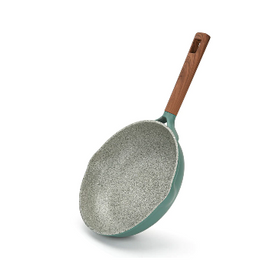
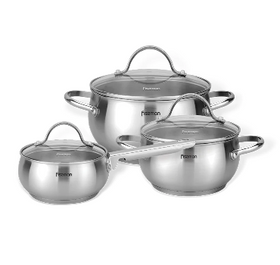
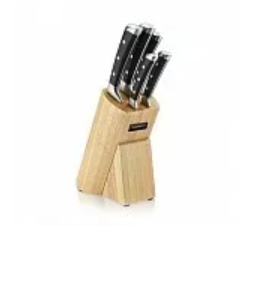
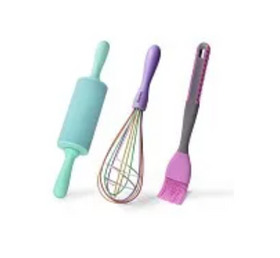
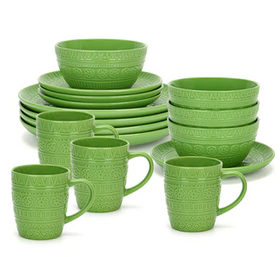
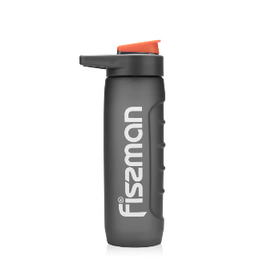





























Leave a comment